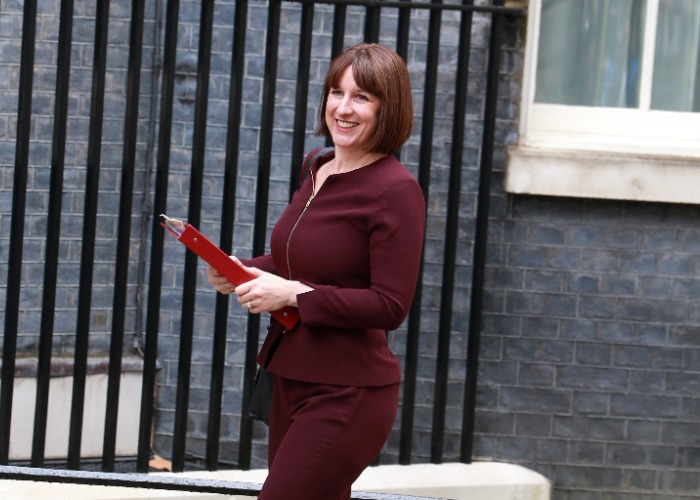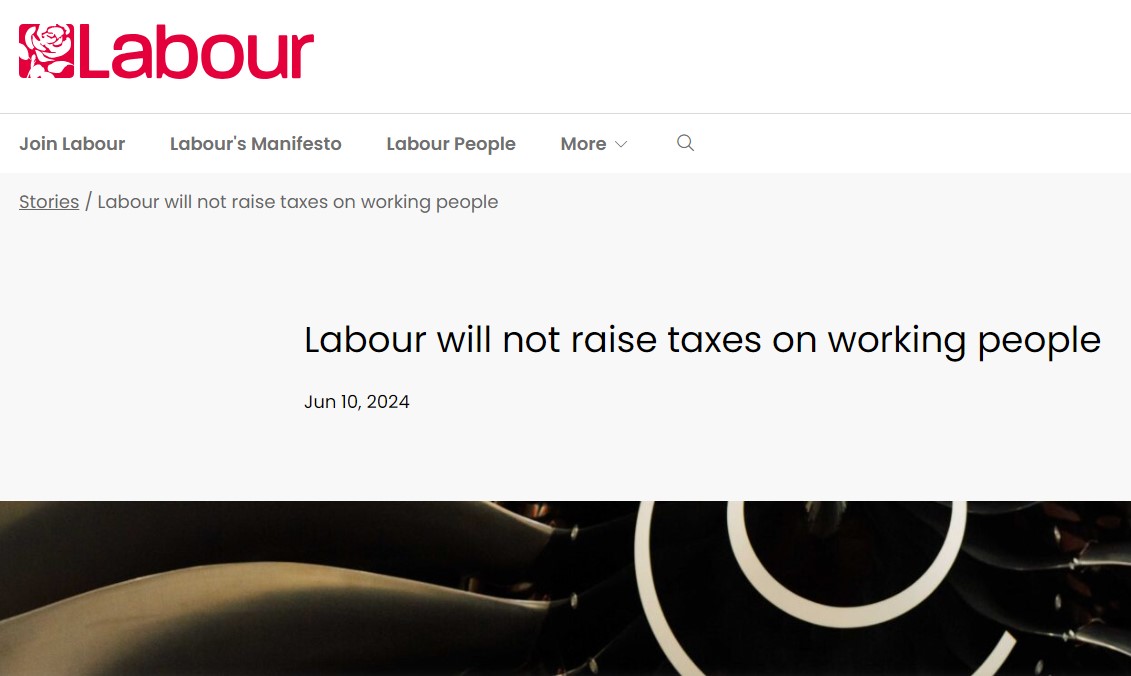Opinion: Income Tax bills are going to soar – and we need to be prepared

As speculation mounts over plans for pension and Council Tax hikes in this month’s Budget, Katy Ward argues that we shouldn’t let stealth Income Tax hikes go unnoticed.
There’s no denying that this month’s Budget is going to be painful for many Brits.
As the Prime Minister admitted in a speech in August, the Government will make “big asks” of the public and we’ll likely all need to “accept short-term pain for long-term good”.
Unsurprisingly, such harsh rhetoric has sparked concerns over possible tax raids, with many headlines focused on potential changes to pensions and Council Tax.
For example, it has been speculated that the Chancellor could be planning to introduce a flat rate of 30% tax relief on pension contributions, which could reduce high earners’ retirement pots by up to £83,000.
Likewise, there have been rumours that the new Government could abolish current Council Tax bands, with all households paying a flat 0.5% of their property’s value.
While this is alarming, it feels like much of the reporting on the Budget is missing a vital piece of the puzzle – Income Tax.
In this article, we look at why ongoing “freezes” on Income Tax can’t disguise the fact this tax will be one of the biggest earners for the new Government.
3 more pension perks at risk in this month’s Budget
Labour’s Income Tax pledges
As part of its election manifesto, the Government pledged that it would “not raise taxes on working people” by hiking Income Tax, National Insurance or VAT.

In effect, this means that Income Tax thresholds – the amount someone can earn before becoming eligible for the tax – should remain unchanged under the new Government.
At present, most UK taxpayers start paying Basic Rate Tax when they earn £12,570.
The Higher Rate band kicks in at £50,270 and the Additional Rate at £125,140.
While these bands are officially frozen until at least 2028, there are rumours Chancellor Rachel Reeves is planning to extend the freeze when she delivers her Budget.
So, what’s the problem?
Surely, Labour’s pledge not to increase its Income Tax take is a good thing?
Theoretically, yes. However, we need to take into account the corrosive effects of inflation and what is known as the ‘fiscal drag’.
Fiscal drag occurs when rising incomes push people into higher tax brackets, even though the Government hasn’t explicitly raised taxes.
Put simply, politicians can sit back and allow tax revenues to increase by freezing tax thresholds as wages or benefits payments rise.
Annoyingly for voters, these types of stealth rises often go unnoticed as the Government has not overtly put taxes up.
10 things not to do before the Budget
Punishing pensioners
Sadly, cash-strapped pensioners are among the biggest casualties of frozen tax thresholds.
With the State Pension rising each year thanks to the triple lock, payments are set to exceed the Personal Allowance in 2026.
This means that every retiree receiving the full New State Pension will be liable for Income Tax within the next two years.
Unsurprisingly, critics have labelled the move a “retirement tax”, arguing that it will hit older people who are already reeling from the withdrawal of Winter Fuel Payments.
A £300-billion cash cow
After the new Government came to power, Keir Starmer declared that his predecessor had left a £22 billion 'black hole' in public finances.
Whenever anyGgovernment needs funds, hiking taxes tends to be the first port of call.
But how much is really going into the public purse?
According to figures from independent spending watchdog the Office for Budgetary Responsibility (OBR), personal income taxes remain the largest source of Government revenue.
The OBR estimates that Income Tax will bring £302.7 billion into Government coffers during the 2024/25 tax year.
Overall, this represents 26.6% of tax receipts or 10.9% of national income.
What next?
While we’ll have to wait until later this month to see exactly what Rachel Reeves has planned for our finances, it’s clear that tax bills are going to rise.
Although pensions and Council Tax may dominate the headlines when the Chancellor unveils her plans, we shouldn’t kid ourselves – Income Tax will likely remain one of the biggest earners for the Government.
What can we do?
Of course, we’re powerless to change the Government’s plans on taxation.
However, we can we mitigate these losses (slightly) by saving into ISAs and taking advantage of pension tax relief.
Given the current environment, it may also be worth running a check to see whether you qualify for any state benefits.
If you’re a pensioner and concerned about stealth Income Tax hikes, you can read more in our recent article.
Have your say
What do you think of the likely Income Tax freeze? Do you agree that it punishes ordinary working people?
Or perhaps you believe that the Government has little choice but to bring in more revenue thanks to the abysmal state of public finances?
Comments
Be the first to comment
Do you want to comment on this article? You need to be signed in for this feature